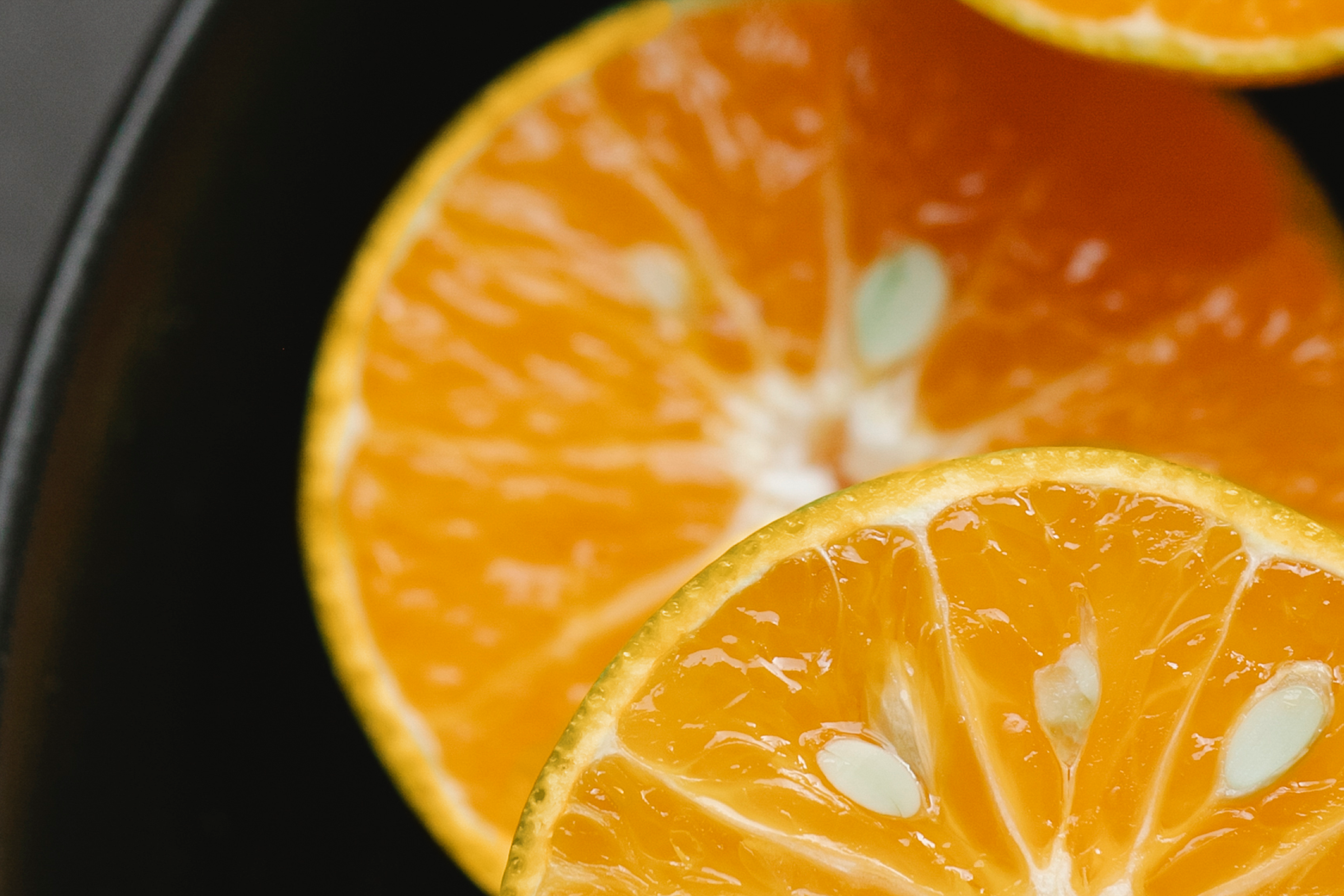Allergy Season Got Ya' Wheezin'?
Feb 8th 2023

Now that spring is here allergy sufferers around the world are holding their noses and closing their eyes in anticipation of allergy season. Sure, you can load up on prescription and over-the-counter remedies, but you have to deal with the side effects of those drugs. Wouldn’t it be nice to just feel better and not have to deal with the side effects? We’ve compiled a list of possible natural remedies and allergy relievers. Give them a try.
1) Local Honey: Honey has many health benefits, being both antiviral and antibacterial in nature. Its allergy relief effectiveness stems from the body’s ability to build up natural antibodies specific to the pollen in your area, thereby reducing your allergy flare-ups. Our patients have reported instant sore throat relief from honey. Many have begun supplementing with a teaspoon per day to ward off inevitable allergy symptoms. We recommend PURE, local honey. Give it a try!
2) Saline Rinse: This is simple and effective. A simple saline rinse works to thin and rid the nasal passages of excess mucus. It is important for allergy relief because it helps to remove allergens from the nostrils and sinuses. We recommend using it before symptoms strike and giving yourself a daily spritz

3) Vitamin C: This powerful vitamin has been proven to shorten the duration and strength of a cold. What most people don’t realize about vitamin C is that it is also a natural antihistamine. Its credibility as an antihistamine has been called into question only because there aren’t enough studies to confirm it. However, there are scores of anecdotal evidence and testimonials touting its benefits as an antihistamine for seasonal allergies

Vitamin C has the added benefit of reducing sensitivity to allergens, making it an important preventative measure to take. Load up on C before any symptoms present! Given vitamin C’s immune-boosting superpowers, doesn’t it make sense that its antihistamine properties could be legitimate, as well? Try Liposomal Vitamin C by DesBio. The liposomal delivery system ensures maximum absorption when you need it most.
4) Quercetin: Quercetin is a flavonoid (plant pigment). You can find it in berries, grapes, green tea, and red wine. It has powerful antioxidant and antihistamine capabilities, as well. Studies have shown that quercetin regulates intracellular enzymes that help inhibit histamine release.
5) Bromelain: This is an enzyme found in pineapple that is effective as an antihistamine and anti-inflammatory. Bromelain stimulates the production and release of anti-inflammatory prostaglandins (lipids associated with inflammatory response) while reducing the production and release of pro-inflammatory prostaglandins. An added benefit is that bromelain has been shown to aid in the absorption of quercetin.
